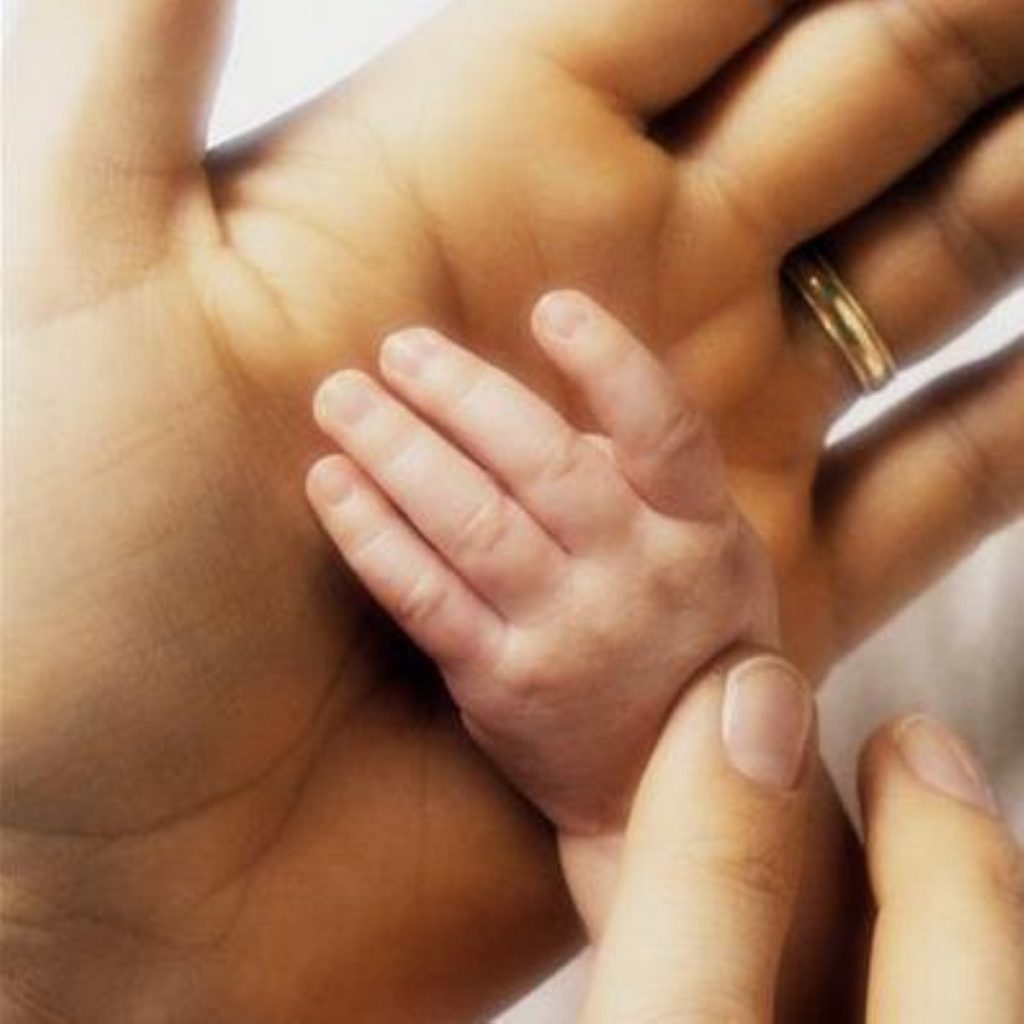Government should become ‘a parent’
By Alice Cannet
A report calling on the government to take a hands-on role in the parenting of disadvantaged children has been published by a committee of MPs.
The report, entitled ‘looked-after children’, comes in the aftermath of the Baby P case, which triggered deep reflections on the need for an overhaul of the British care system.
Opinions about social services have suffered in recent years and especially after the poor handling of Baby P by Haringey’s social services.


An opinion poll by the Local Government Association (LGA) last month found that 42 per cent of British people said their views on social workers had got worse since the Baby P case.
The survey also revealed that only a third of people thought the government should have more responsibility than individuals in taking care of children at risk.
Today’s report, by the children, schools and families committee, clearly states that “negative press coverage influences public perceptions of the profession, a factor we are particularly mindful of in the light of reaction to the Baby P case in Haringey.”
The report establishes the need for stronger and more personal relationships between social workers and looked-after children, an overlooked issue which highlights the poor quality of the care system.
The government is urged to take a more active role in the protection of children at risk and take into account their experience when developing their social care policies.
The chairman of the committee, Barry Sheerman, said: “It is imperative that the government, through its Care Matters reform programme, tackles the perception that entering the care system is catastrophic for a child’s future prospects.
“It must be seen as a positive experience, but this will only happen if the state can better replicate the warm, secure care of good parents for every child in the system.”
The new social care policies emphasise social workers’ relationship with children while focusing on better accessibility, reliability and more communication.
Social services’ low finances and recruitment problems have both played a role in the erratic allocation of social workers to children in care, the report says.
Assigned workers change so frequently that they cannot build decent relationship with children, causing detriment to their welfare and mental heath, the MPs found.
A lack of staff and excessive workload were also identified as factors contributing to the recent difficulties faced by social institutions.
The report found that the risks for children in care, or formerly in care, of committing offences, being sexually exploited or being made homeless are not addressed satisfactorily.
The report comes six years after Lord Laming’s inquiry into the death of Victoria Climbie and just a few months after the tragic death of 17-month-old Baby P.












